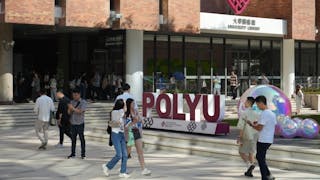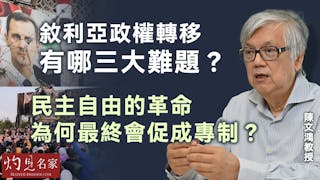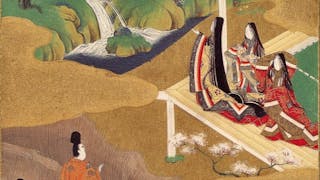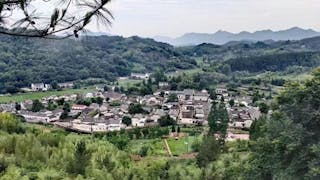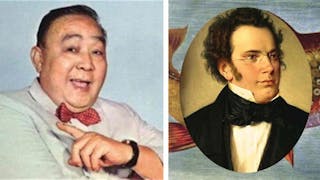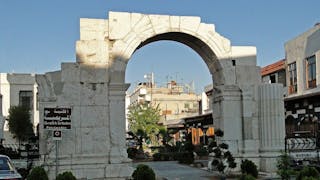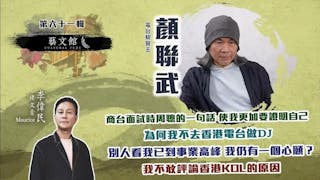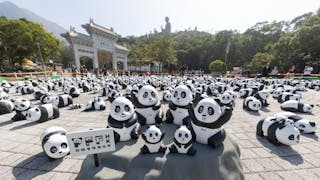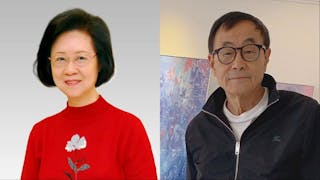心臟是身體循環系统的動力,使血液在動脈、靜脈、毛細血管內流動:The circulatory system consists of the heart and blood vessels. The heart pumps blood from the lungs to all parts of the body through a network of tubes called arteries, veins and capillaries.
血液的組成部分:Blood has four main components: red blood cells(紅血球), white blood cells(白血球), platelets(血小板), and liquid plasma(血漿).
血型:Blood type or blood groups are classified as O, A, B or AB.
流血事件:Bloodshed is the killing or wounding of people, usually during fighting or a war. We often say to prevent bloodshed or to avoid bloodshed(例如雙方宣布休戰,便可以避免更多流血)。Blood is shed 或 blood is spilled 表示打鬥中有人死亡。
Massacre, carnage, genocide 幾種大規屠殺的分別:A massacre is an occasion on which a large number of people are deliberately and violently killed. Carnage is the result of a large number of people being killed in war or accident, either on a particular occasion or over a period of time. Genocide(種族滅絕)is the murder of a whole race or group of people.
至於第二次世界大戰期間,納粹對猶太人的大屠殺是:The Holocaust is the killing of millions of Jews by the Nazis in the 1930s and 1940s. 殺人發動戰爭的人要為多個人的死亡負責,我們說:they have blood on their hands. 手法冷靜,而且行動有計劃地進行,不似是出於一時憤怒或自衛才出手殺人,我們說:the killed shot the woman in cold blood, he killed her calmly and coolly.
血緣關係,一般指血親和骨肉:blood relation is a person related to somebody by birth rather than by marriage;有血緣關係的親屬:a blood relative is somebody ultimately descended from the same man or women as oneself. One’s own flesh and blood 可以指親生骨肉,自己的家庭成員。血濃於水:blood is thicker than water;和外間非親非故的人比較,我們會更忠於自己家人:relations come before mere friends. Blood brothers 便是親如手足,血盟結義的好兄弟。
兩個人或兩幫人互相之間的惡感,令彼此仇恨對方:they have ill feeling and strong dislike, there is bad blood between them.
跟 blood 組成的詞語有:new blood 新成員,新力軍;young blood 新血,年輕人;fresh blood is new member of a group 新人;blue blood means of aristocratic or noble birth 貴族血統出身;first blood is someone’s first success 初勝對手。
慣用語 blood, sweat and tears 表示為某件差使付出的努力和痛苦;這句成語的出處,來自英國首相邱吉爾世界大戰時的演說。他曾經幾次說過這句話:”I have nothing to offer but blood, toil, tears and sweat.”(我只有血液、辛勞、眼淚和汗水,可以貢獻給大家。)
骨骼是組成脊椎動物的堅硬器官,功能包括運動、支持和保護身體,製造紅血球和白血球,以及儲藏礦物質。
Bones(骨骼)form the body’s hard, strong skeletal framework. Each bone has a hard, compact exterior surrounding a spongy, lighter interior. The long bones of the arms and legs, such as the thigh bone(股⻣), have a central cavity containing bone marrow(骨髓). Bones are composed chiefly of calcium(鈣)and phosphorous(鏻). Bones meet at joints(關節). Joints are held in place by bands of tissues(組織)called ligaments(韌帶).
上述一段描述骨骼文字引伸出來的兩個習用語:a skeleton in the cupboard/closet 不可外揚的家醜或隱衷(a hidden and shocking secret);out of joint 脫位或不適合:1. pushed out of its correct position of a bone 脫臼, 2. not behaving in the normal way 不正常。
Lazybones is an idle person 懶骨頭是懶漢;bone idle is extremely lazy by nature 懶透了。
骨瘦如柴的人是 a bag of bones:He is very thin, so thin that his bones can almost be seen.
基本的部分,起碼的細節,主要的特徵,可以說 the bare bones, essential and most important features。
很多人長期爭論的某個問題,經常用 a bone of contention, the cause of a dispute or quarrel。
其他流行語,還有:cut to the bone 盡量將成本或資源減到最少(minimize and make as little as possible);make old bones 活到老年(live to a great age),常用於否定句,例如:He has a strange feeling that he‘ll never make old bones;feel something in your bones 預感,直覺意識到(to know something is true, although it cannot be proved);make no bones about something 直言不諱(candid and frank);have a bone to pick up with someone 有事向某人投訴或者有爭端要和他解决(have something that you want to complain about or to resolve a dispute)。
本專欄逢周二、五刊登




